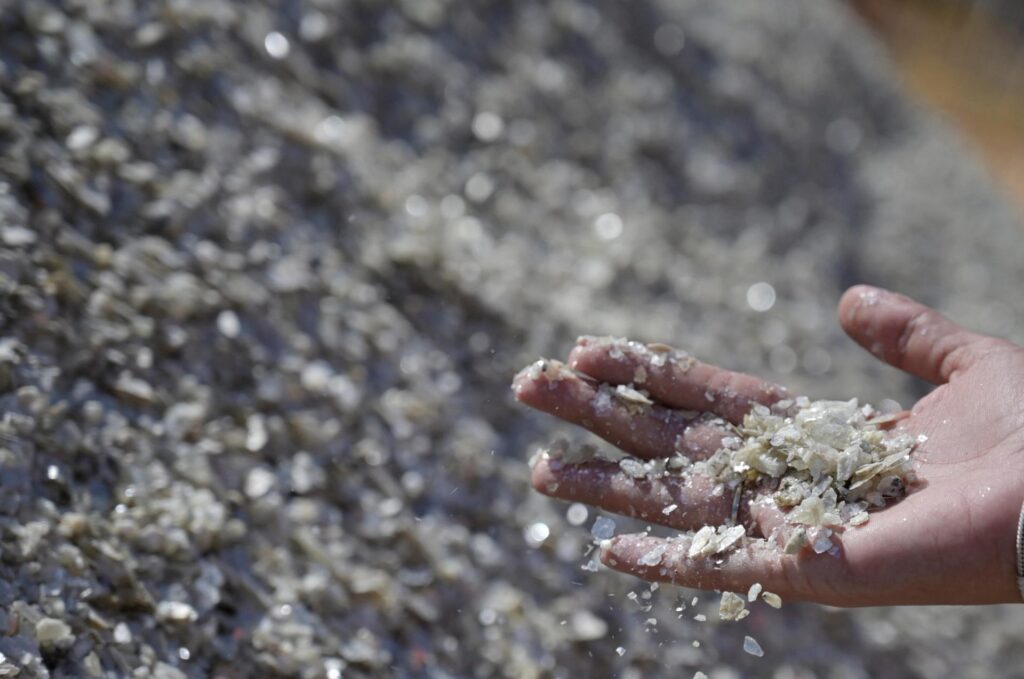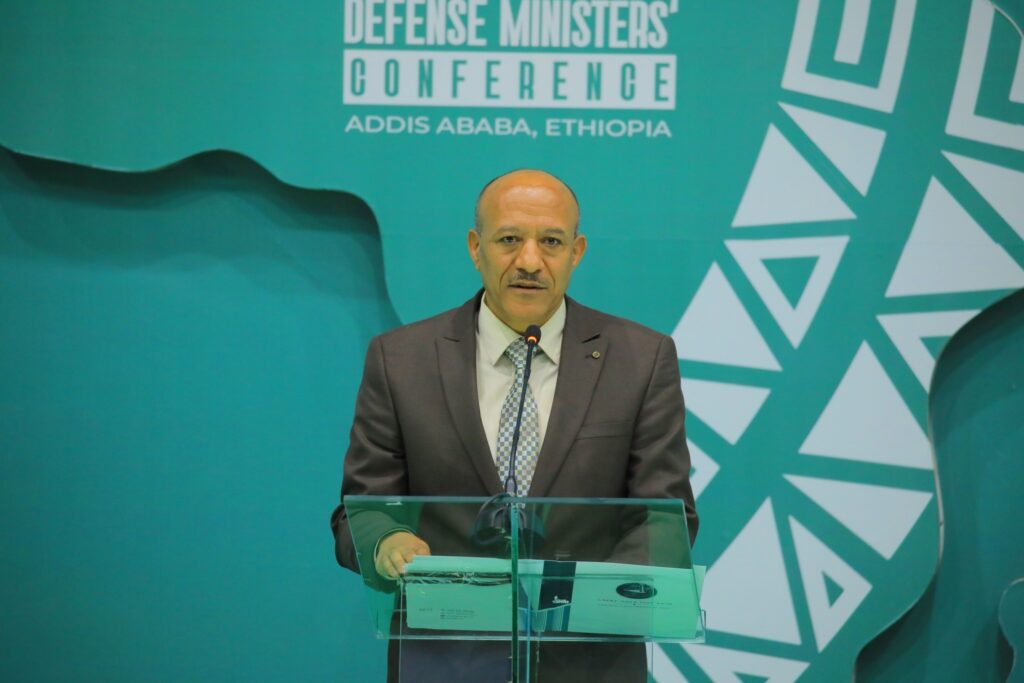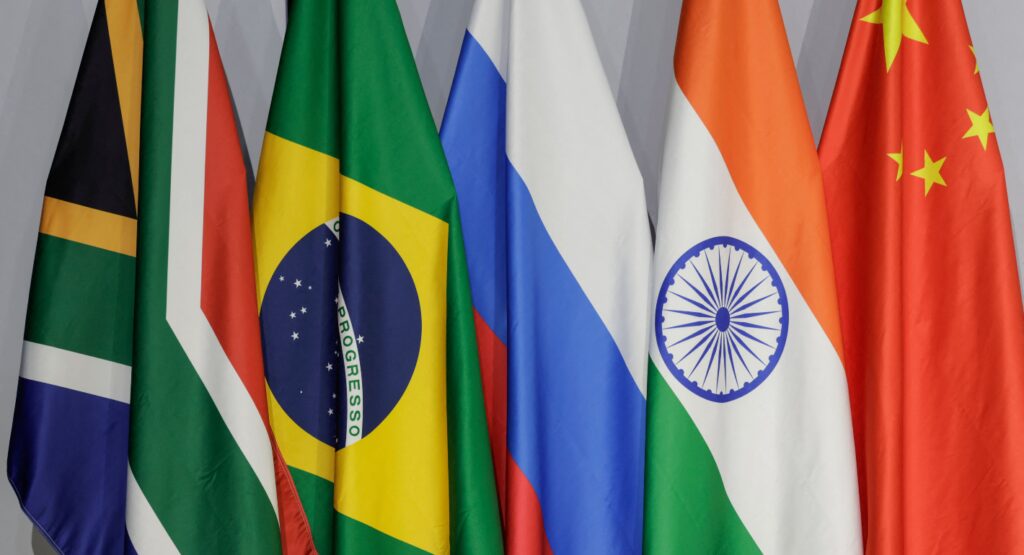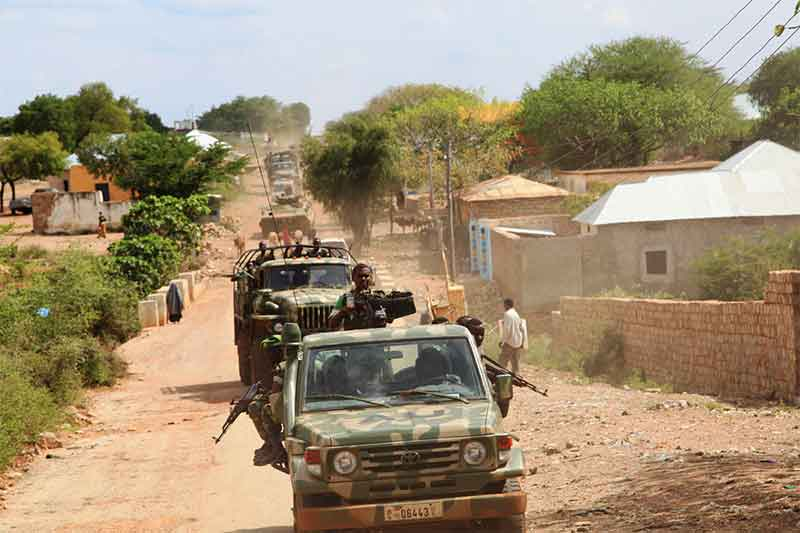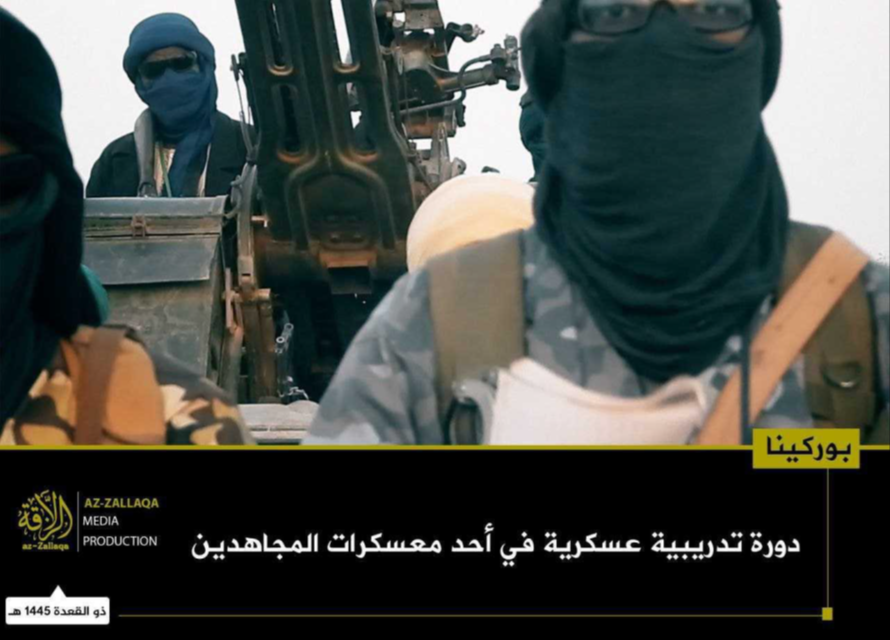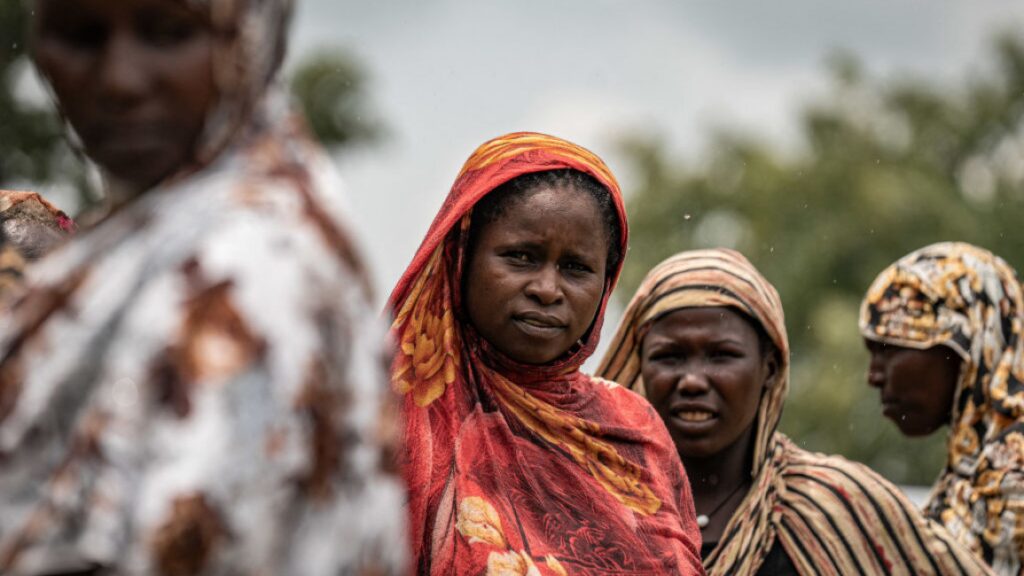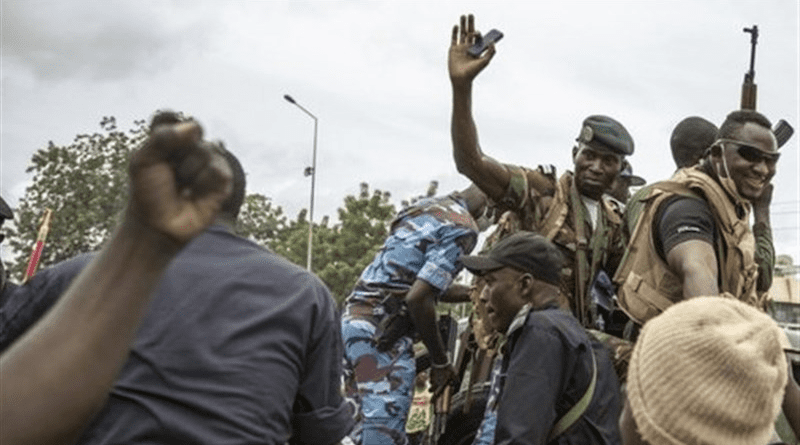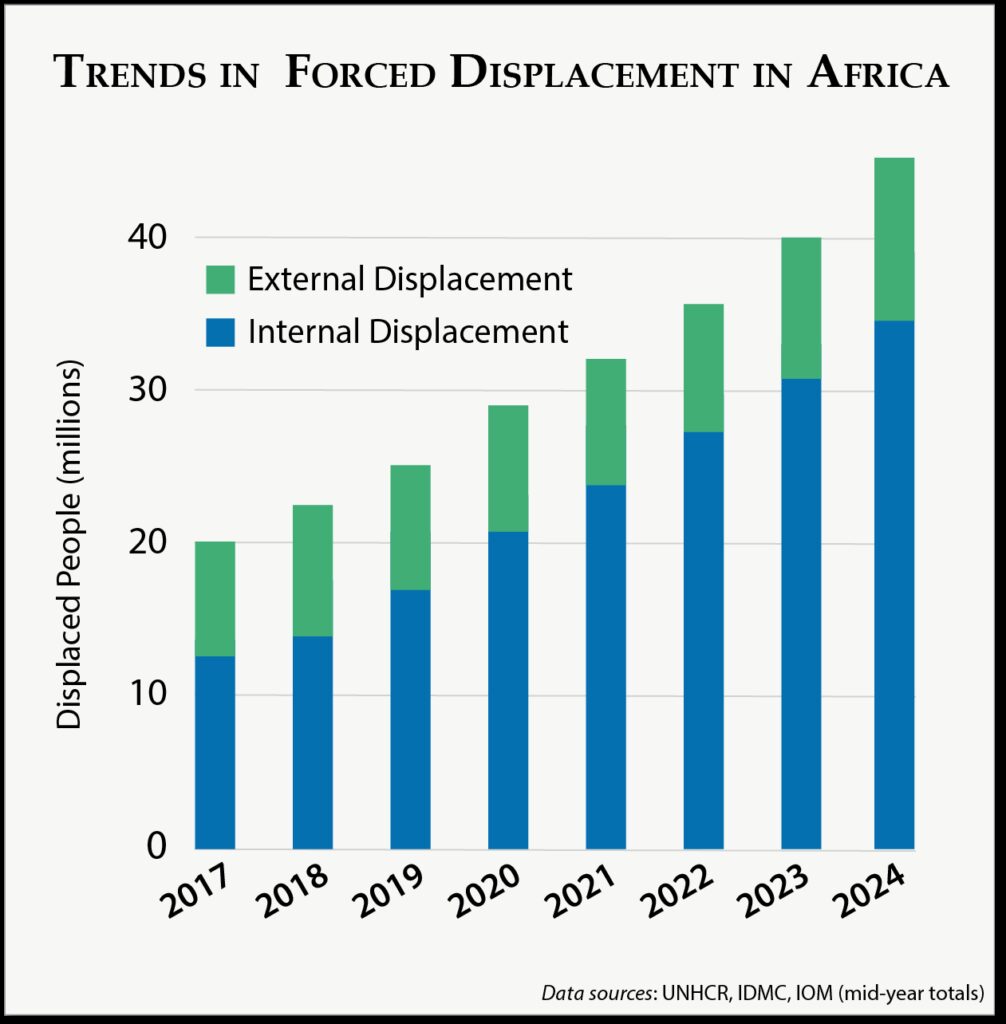Rethinking Africa Command
Key points
- As debate grows over U.S. policy towards Africa, consideration should be given to altering the continent’s status under the Department of Defense’s Unified Command Plan (UCP).
- Eliminating Africa Command (AFRICOM) under the UCP would both signify a policy shift away from a counterterrorism focus and ease the process of implementing that change within the policymaking bureaucracy.
- Establishing a three-star subcommand, nested under European Command (EUCOM), would still allow the United States to use force in Africa, when necessary, but would reduce the prominence of military power in U.S. policy toward the continent.
- AFRICOM and EUCOM essentially share much of their force structure; this unique relationship would facilitate the transition to the proposed three-star subcommand.
- Altering the U.S. military footprint in Africa should also be considered in the context of any changes to policy and command arrangements. Making specific recommendations at this time is complicated by the opaqueness of the current footprint.

